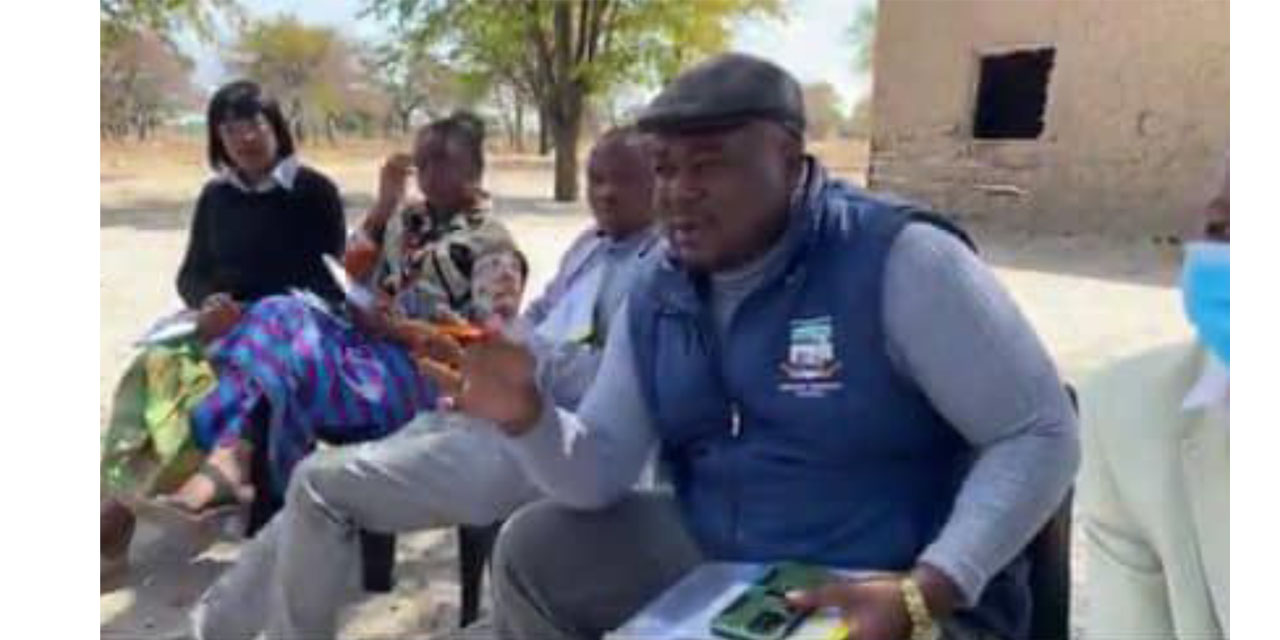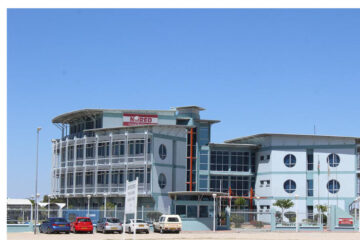Stefanus Nashama
COMMUNITY members in the Zambezi region’s Sibinda constituency have urged government to change the current social grant system, saying it does not meet the needs of vulnerable people.
The community believes that, in addition to social assistance, government should train and equip people to be able to generate their own jobs in order to sustain their lifestyles.
The community members reasoned that this would provide another source of income for disadvantaged families rather than relying just on the meagre assistance provided by government.
Residents in the Zambezi region raised these issues while submitting their comments and complaints during community meetings with the National Council Committee on Health, Social Welfare, and Labour Affairs last Friday.
The committee was told that the current amount supplied as a social grant is insufficient to solve people’s problems and that the system just encourages reliance, prompting them to call on government to change the social grant system.
The Parliamentary Committee travelled to the region to meet with community people, check the state of various healthcare institutions, and analyse the usefulness of social grant.
However, the Committee was unable to respond to queries presented by Sibinda community members. Similar complaints were recorded from the other regions which the committee visited.
The community underlined that social grants are minimal but are regarded to be the only source of income for vulnerable families, and with the country’s current situation of poverty and high unemployment, many people find it impossible to survive.
As a result, the Sibinda community urged government to enhance the pension payout for the aged and crippled.
If the government increases social and pension payments, as well as revises and reforms the system, it is responding to a big call for its residents, as many families rely solely on these grants to exist.
They believe there is a significant gap between service delivery and individuals.
Sibinda community leader, Vaskus Mwamenzi opined that government should enhance social grants given to vulnerable children in order to at least support other necessities.
“The N$250 is insufficient, it must contribute to food, school needs, and many other needs of vulnerable children, despite the fact that primary education is declared free in the Namibian Constitution,” he said.
He also expressed concern about how the social grant application system causes hardship for many members of the community.
Mwamenzi noted that the social grant application process takes too long, and urged government to rethink and modernise the system.
“Some people have applied for social grants for over five years now, but their applications have either been rejected or not approved,” he emphasised.
According to the community leader, the system harms vulnerable children and fails many needy families by taking too long to approve applications.
However, Windhoek Observer has been informed that the issue of social grants affects not just the Sibinda community but the entire country.
Members of the public all around the country are pleading with the Hage Geingob administration to rewrite and change the system.
The public has in the past called on authorities to investigate the situation as quickly as possible.




